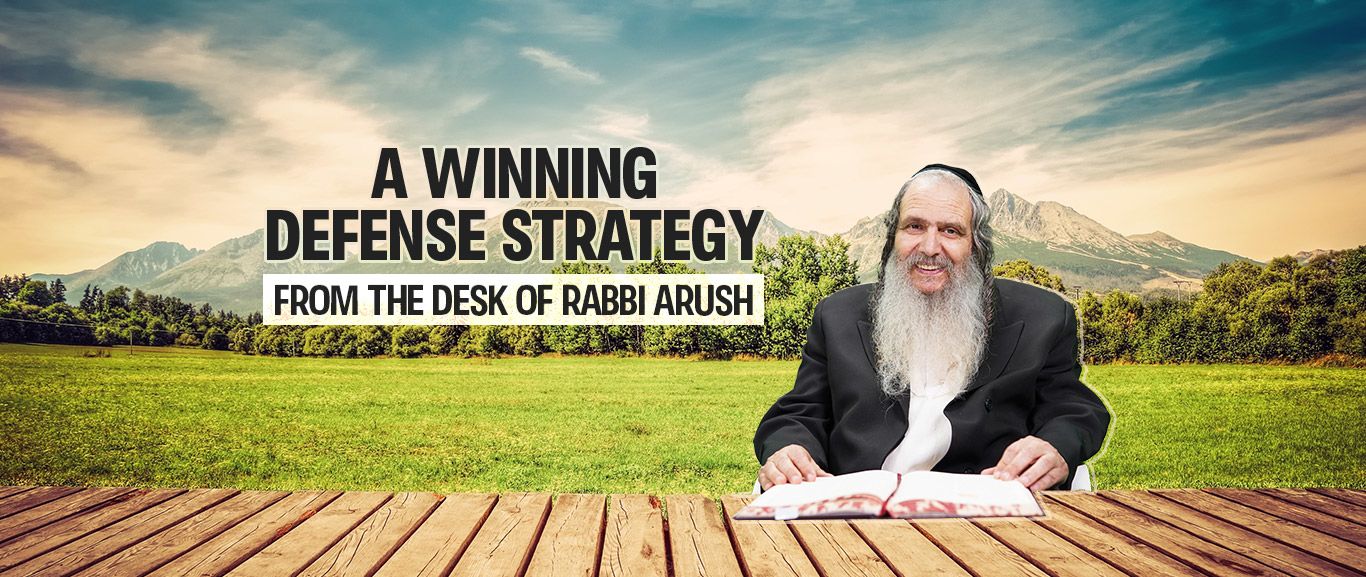
A Winning Defense Strategy
Elul ... Rosh Hashanah ... teshuvah ... judgment... Who doesn't have inner resistance to taking stock of his life? After all, I have so many deficiencies and so many failures. Rabbi Arush gives a sure-fire solution to winning a positive judgment!

Translated from Rabbi Arush’s feature article in the weekly Chut shel Chessed newsletter. The articles focus on his main message: “Loving others as yourself” and emuna.
Stop Procrastinating
So, you too put things off? You must make a difficult phone call, do a complicated task or anything else, and you keep procrastinating. Sound familiar?
You have endless excuses, of course. You are very busy, and you have no time.
The problem of procrastination is one that challenges many people, and the first step in dealing with it is to recognize the fact that the deep reason behind procrastination is not lack of time at all, but your inner resistance to doing that task. You have some emotional difficulty when it comes to performing that task.
Only when you recognize the real problem, will you be able to find easy and creative solutions relatively easily.
Who’s Afraid of Cheshbon Nefesh (Account-taking)?
We are approaching Rosh Hashanah, a time of account-taking. This is the time to think about what’s happening with us, about our lives. One doesn’t have to be a genius to understand that a set time each day for cheshbon nefesh could improve our lives tremendously. Every organization and business must examine itself if it wishes to improve. And yet, the concept of cheshbon nefesh is very off-putting. It is very hard for us to implement it in our lives.
Why is this so? People will tell you, “Of course it’s very important, but I don’t have the time.” According to what we have said above, it is clear that we do not put off the cheshbon nefesh because of lack of time; rather, the simple reality is that we feel resistance at the idea of looking at ourselves truthfully and seeing our situation as it is. There are several reasons for this:
One reason is that even a cursory glance is enough to see that all of us are full of mistakes and problems – and to recognize our faults and take responsibility for them is not an easy thing emotionally.
The second reason is that we see so many critical things that we must correct and improve, that we just feel lost and don’t know where to begin.
And the third and main reason is that we all feel that our lives are not under our control, that we don’t have the power to change and improve. It’s too much. We have tried so many times – and failed – and therefore we are afraid to even approach the task.
Those are the deep inner reasons that prevent us from doing the most important thing in our lives, the thing that can move us forward more than anything else – cheshbon nefesh.
Rerouting
When one understands the factors that inhibit us and prevent us from doing things, it is possible to go on to the solution. The best solution is to define the task in the right terms:
Your task is not to blame yourself, and not even to change what you can’t change; and certainly not to try to conduct an overall attack on your life and do battle on all fronts simultaneously. You have only one task: To ask for help! To daven!
All your cheshbon hanefesh does is to reveal to you that you need help; it only uncovers the simple reality that you can’t do this alone. And there is only One who can help you, and He really wants to help you, and is waiting to help you. All you have to do is ask!
Only One Complaint Against Us
The above idea is written in parashat Ki Teitzei. Our parasha says something amazing:
A betrothed girl is attacked viciously. The attacker is certainly to be put to death. But what about the victim? Why should she be blamed?
The Torah tells us: If it happened in the city, and that girl could have called out for help but didn’t – she deserves the death penalty as well. Why? “Because she did not cry out in the city.” But if the assault happened in a deserted field, and there was no one there to help her, she does not get any punishment – “The betrothed girl may have cried out for help, but no one was there to rescue her” – because she cried out.
It comes out, then, that there is no blame attached to the deed itself, “for like a man who attacks and murders his fellow man, so too here.” The only thing the girl could have done was to cry out, to ask for help. If she asked for help, “You shall do nothing to the girl; she did not commit the capital offense.” But if she didn’t call out, she is blamed, and she receives the same punishment as the perpetrator!
Rabbi Natan learns from this an amazing message: a person’s main obligation is to pray. Even someone whose yetzer hara (evil inclination) has overcome him like that attacker and he has transgressed – the main complaint against him is: Why didn’t you ask for help? And conversely, a person who asks for help every day and yet fails repeatedly, has no din (negative claim) on him! And now, dear readers, you will need some patience, because only later will we drop Rabbi Natan’s big bomb.
Dismantling Land Mines
In the meantime, let us return to the three reasons that prevent you from doing a cheshbon nefesh and see how the knowledge that prayer is the main thing to do removes these three inhibitors:
Problem no. 1, “We have so many problems” – not true! We have only one problem: lack of tefilla (prayer).
Problem no. 2, “We don’t know where to start” – not true! We start with prayer, continue with prayer, and end with prayer.
Problem no. 3, “We have no strength to begin, and no strength to change.” – not true! Simple prayer is within everyone’s abilities. You don’t have to change what you can’t change, but you do have to want and to ask Hashem to help you change.
It’s the simplest thing in the world.
Only from this understanding can one begin to perform a daily cheshbon nefesh, and it even becomes very easy and pleasant. It goes without saying that this is the only way to move forward and change and really improve one’s life.
A Revolution in a Minute
The Day of Judgment is coming. There is no time for mere talk. We have to do something immediately. Make a change that will alter us completely, and we have only one thing to do: to take upon ourselves to pray daily for our spirituality! That is the only resolution that changes the entire balance of things. This is what changes a person completely – from guilty to innocent.
We promised you a “bomb”. So, sit down now, and read what Rabbi Natan writes: “The main din of a person on Rosh Hashanah is for his not being careful enough in prayers.” We all come to Rosh Hashanah with piles of bills of indictment, boxes full of investigation materials, documents and videos and recordings. And the trial is about your life!
How does one begin to build a defense strategy before such a trial?
Rabbi Natan tells you: Your bill of indictment has only three words in it: “You didn’t pray.” And your only and most effective defense statement is: “Ribbono shel Olam (Master of the World), from today onward I am going to pray! From today onward I will set a time for hitbodedut! Every day! Unfailingly! Every day I will see what I lack and simply ask for help.
We won’t leave matters in the air, but rather end with a practical suggestion, because many people say to me: “Even that is hard for me to do. I don’t feel like it. I feel no awakening.”
So there are many pieces of advice when it comes to hitbodedut. I have written a book about it. But it all starts from one thing: Force yourself! Don’t wait for an awakening, but set yourself a time every day, no matter what. Whether you speak or remain silent, come with your heart or without – that’s of no interest to you. Without forcing yourself with a strong obligation – nothing will happen; nothing will even begin.
Rabbi Nachman sums it up in one sentence: “One must force oneself to pray!”
It is not pleasant to be forced. But the big question is what you gain from it. You should know that when you force yourself to pray you have infinite gain! You come out completely exonerated in the din on Rosh Hashanah, and your entire life goes into a track of correction and improvement! You won’t recognize yourself! And even after one-hundred-and-twenty years, you will have no din on you.
We will end with the words of Rabbi Natan in that same paragraph: “Because by way of tefilla one can come to all good: Torah and good deeds and teshuva and being saved from sin.” May Hashem grant us all this!


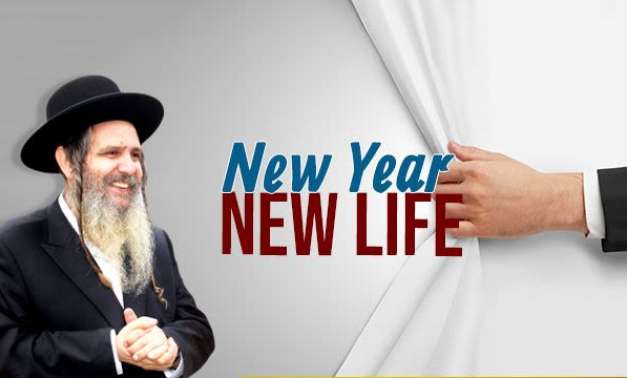
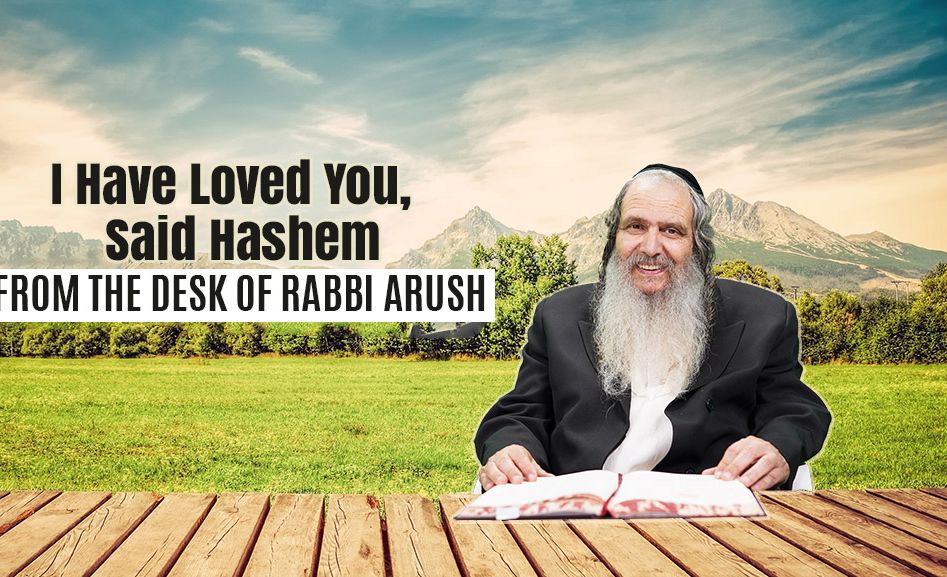
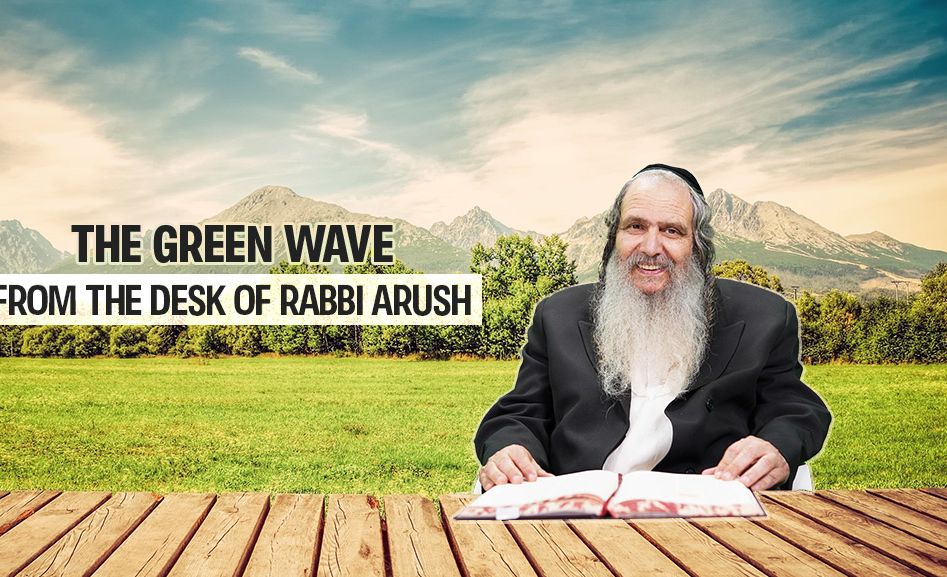
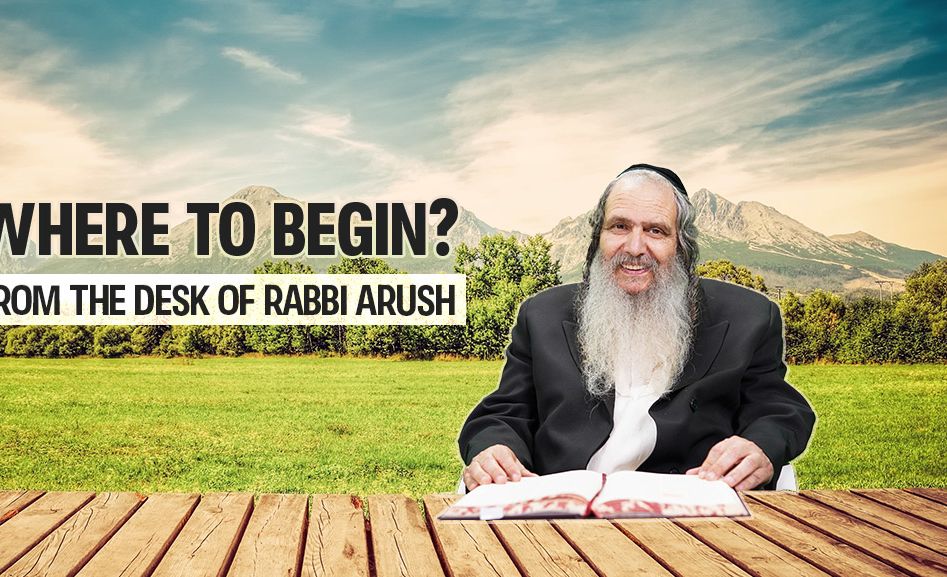




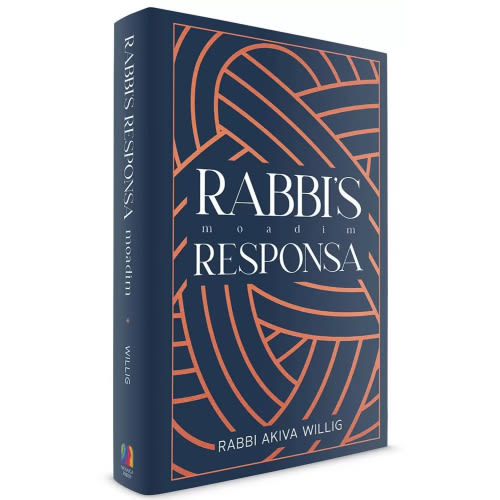
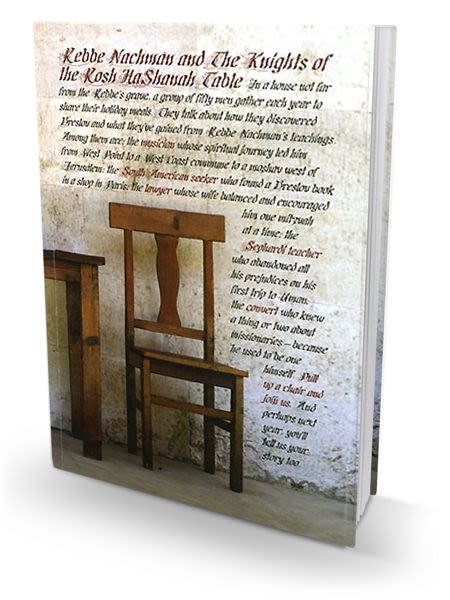
9/11/2023
Thank you Rabbi Arush for your inspiring words before Rosh Hashanah!
9/11/2023
I thank God for this platform, I am learning a lot as it reveals a lit about myself. It helps me to correct myself on how I think, how I speak and how I conduct myself. Learning to love others and to love myself.
9/11/2023
Wow! Thank you g~d for these words
 may we all merit a wonderful Rosh Hashanah journey.
may we all merit a wonderful Rosh Hashanah journey.
Happy day of creation everyone!